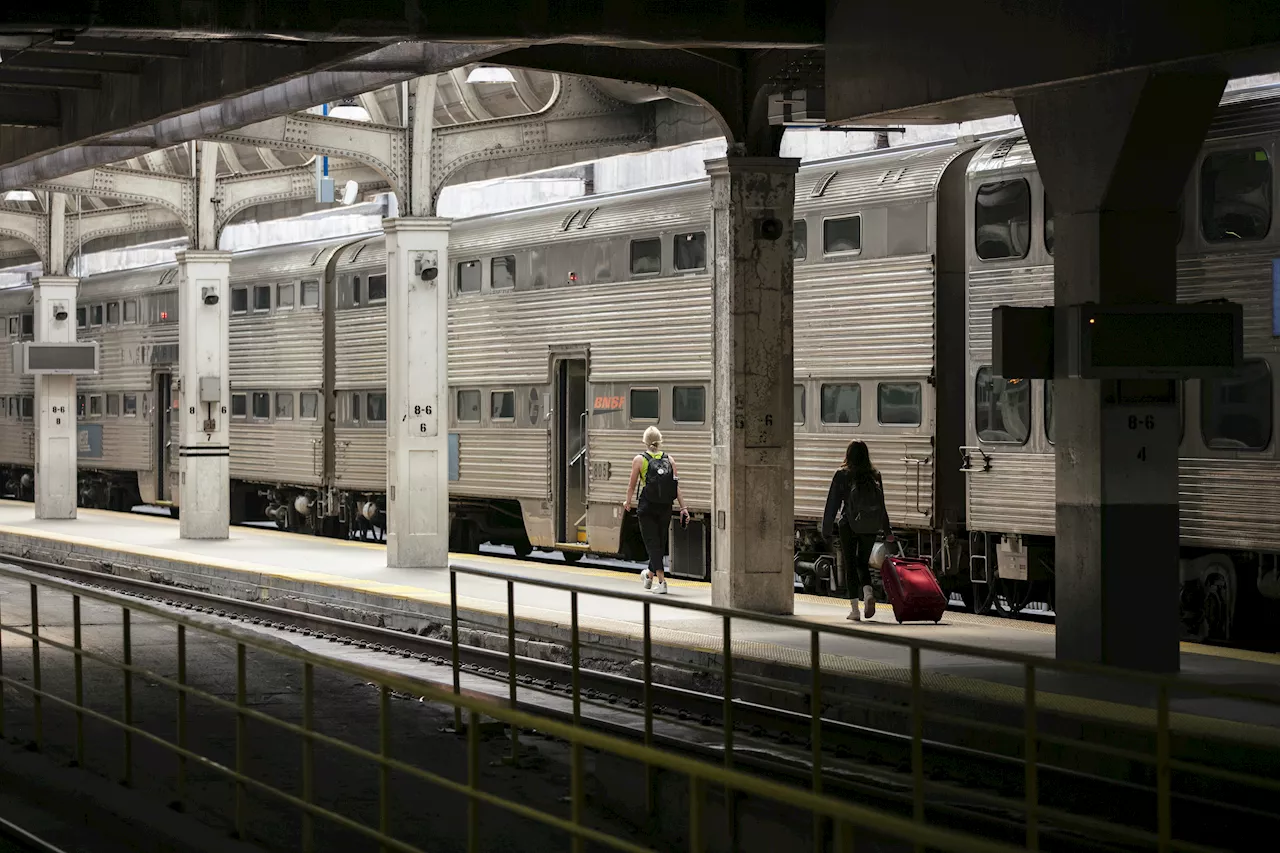The recent approval of a significant funding bill by the Illinois General Assembly has led to a freeze on fare rates for Chicago-area transit agencies in 2026. Metra, Pace, and the Chicago Transit Authority (CTA) announced that they will not implement fare increases for the upcoming year, thanks to new financial resources aimed at preventing a fiscal crisis.
The funding legislation, designed to stabilize public transportation in the state, comes in response to concerns about the potential depletion of federal COVID-era financial support. Without this new funding, transit authorities had warned of potential fare hikes, service reductions, and layoffs. The approved budget includes a substantial investment of $513.3 million focused on vital infrastructure projects such as bridges, stations, and railcar upgrades.
According to Metra, the new funding will allow the agency to cancel previously proposed fare increases. The budget also allocates resources for “modest service increases” and a significant construction initiative on the Metra Electric Line.
Nora Leerhsen, Acting President of the CTA, expressed optimism regarding the budget: “This budget builds upon the tremendous progress we’ve made over the past year and sets us on a path towards continued growth.” She highlighted the importance of collaboration among the workforce, riders, transit advocates, and elected officials to create a more effective public transit system.
The new funding will also facilitate essential upgrades within the CTA system, including the replacement of elevators and escalators. Additionally, the CTA plans to purchase more than 400 new railcars and over 200 new buses over the next five years. The budget supports an increase of nearly 10% in suburban bus services and the implementation of more on-demand services.
Pace Chairman Rick Kwasneski noted that the new legislation not only ensures stable funding for transit but also enables the agency to plan confidently for future improvements. “Our riders can count on continued service improvements and a system that is both sustainable and fiscally responsible,” he stated.
The funding bill was the result of extensive negotiations during the fall veto session of the Illinois General Assembly. While initial proposals included various new tax measures, including taxes on streaming services and concert tickets, these were ultimately removed from the final legislation. Instead, the bill introduces a 45-cent increase in tolls for passenger vehicles and a 30% rise for commercial vehicles, with revenues directed towards maintaining Illinois Tollway roads.
Additionally, the measure reallocates motor fuel sales tax revenues to support mass transit projects. The newly formed Northern Illinois Transit Authority (NITA) is authorized to assess an additional 0.25% sales tax in collar counties, with a majority of the revenue earmarked for transit projects benefiting both Chicago and its surrounding areas.
This funding initiative marks a pivotal moment in Chicago’s public transit landscape, providing a framework for stability and growth as agencies move forward into 2026 and beyond.
